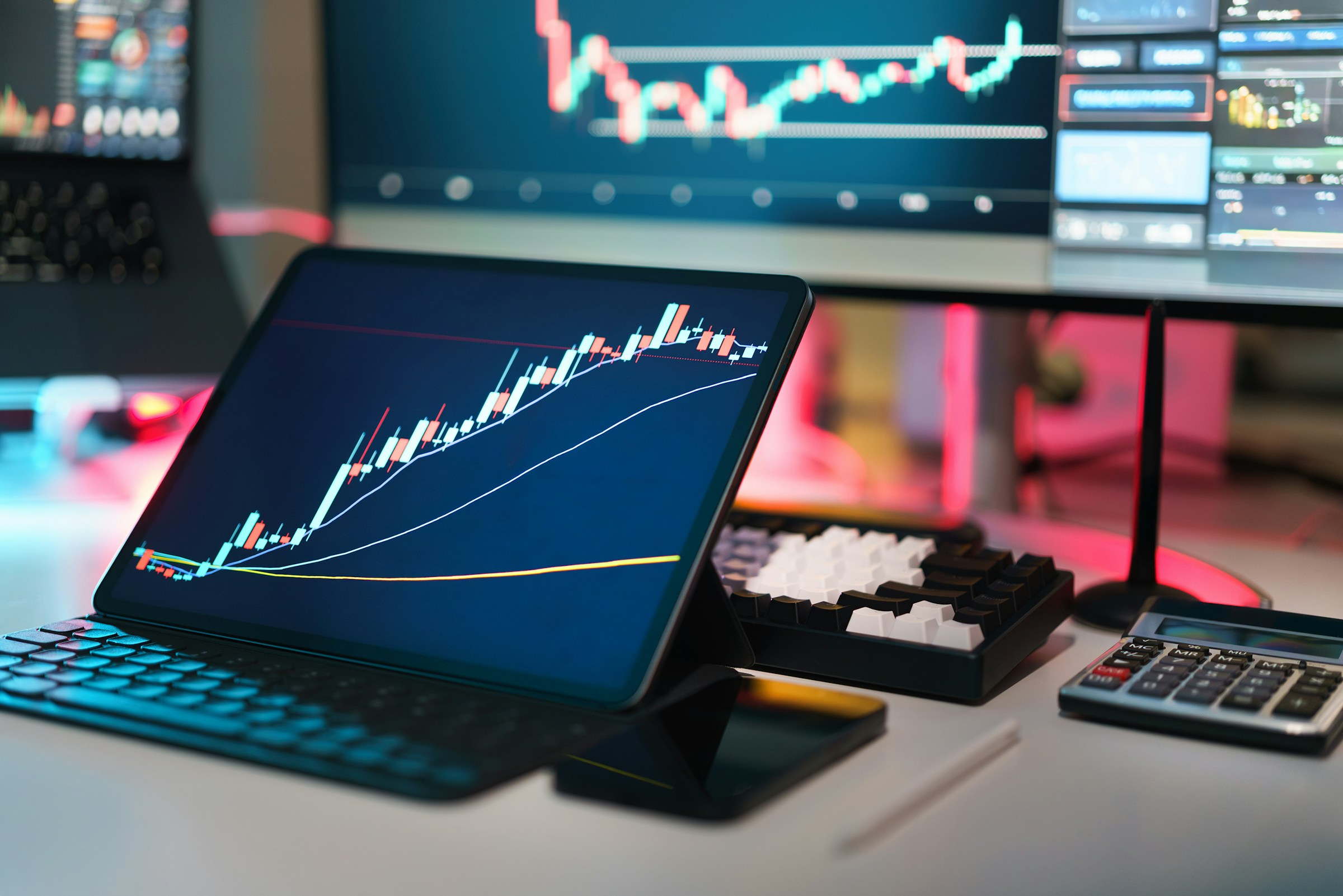While headlines fixate on the “younger generation” of anytime investors, the real question is institutional: How much trading infrastructure—and policy intent—should a sovereign market like Hong Kong adapt to meet cross-timezone capital behaviors?
The London Stock Exchange’s reported consideration of 24-hour equity trading sets a fresh reference point for global market accessibility. But in Asia, the Hong Kong Exchange (HKEX) has taken a more guarded stance. Despite its 2028 Orion Derivatives Platform rollout plan—which promises near-round-the-clock derivatives activity—HKEX has not committed to expanding its current 5.5-hour equities session. The silence speaks volumes, especially when contrasted with peer markets and global capital migration dynamics.
This isn’t just a matter of matching London’s 8.5-hour window or Frankfurt’s 14-hour span. It’s about understanding what trading hours signal: policy openness, liquidity confidence, and infrastructural readiness to serve as a global capital intermediary.
HKEX’s official position is forward-looking: the Orion platform will, eventually, enable “near 24-hour” derivatives trading. But the key word is “derivatives”—not equities. There’s no current policy move to alter cash market hours. The decision to maintain the existing trading window—9:30 a.m. to 4:00 p.m. with a one-hour lunch—seems administrative. It is, in fact, strategic.
In withholding change, HKEX affirms that liquidity density and institutional turnover still matter more than access optics. Unlike LSE, which must reposition itself in a post-Brexit financial architecture to remain relevant, HKEX has not seen equivalent capital flight. Its priorities remain regionally tethered—to Chinese southbound flows, H-share pricing structures, and RMB interoperability risk.
The last time Hong Kong expanded trading hours meaningfully was during its 2011 reforms, when the lunch break was shortened and the market was nudged toward alignment with global counterparts. But even then, uptake was limited, and volumes did not materially shift. The lesson? Hong Kong’s liquidity is driven more by who trades than when they can.
By contrast, LSE’s potential move now is less about investor inclusion and more about platform relevance. It’s a defensive maneuver masked as innovation. And in that context, HKEX’s conservatism may reflect confidence in its systemic role—backed by mainland alignment, not global convenience.
From the perspective of regional financial hubs—Singapore, Tokyo, and increasingly Dubai—HKEX’s decision not to immediately follow suit suggests an implicit stance: liquidity hierarchy over accessibility branding.
If Singapore were to expand equities trading hours, it would do so to absorb latent demand from ASEAN and South Asian funds seeking alignment with both US and EU markets. If Dubai acted, it would be to build on its emerging status as a West-Asia capital bridge.
Hong Kong, however, is not chasing flow. It’s anchoring system coherence. A 24-hour platform would invite latency arbitrage, price discovery dislocations, and the need for broader collateral and margin recalibration. Without full yuan convertibility and with Hong Kong’s unique linked exchange rate regime, this poses monetary tension.
From a capital allocation standpoint, HKEX’s restraint helps preserve the city’s current posture: deep but controlled, globally accessible but not globally synchronous.
Liquidity is still highly concentrated during the overlap between Asia morning and European midday. Sovereign funds, pensions, and cross-border institutional allocators do not—yet—need 24-hour access to Hong Kong equities. Instead, they need settlement predictability, currency stability, and legal clarity on cross-border enforcement—areas where 24-hour trading introduces more ambiguity than value.
The Orion Derivatives Platform may, in time, serve as a technical stress test. But cash equities require a different liquidity profile—and different policy coordination with the People’s Bank of China and State Administration of Foreign Exchange (SAFE). Until those policy stances shift, extended equities trading in Hong Kong remains a low-signal, high-disruption proposition.
The emergence of 24-hour trading platforms in global financial centers is not simply about meeting investor demand. It is a proxy for policy stance on capital fluidity, reserve interoperability, and systemic trust.
HKEX’s choice to delay—despite technical readiness—reflects confidence in its current capital structure, not hesitancy. It’s a reminder that true financial infrastructure leadership is not about emulating the loudest market, but protecting the most consequential one.
What appears as inertia may in fact be posture. Extending trading hours without recalibrating risk supervision, FX buffers, and CCP (central counterparty) coverage could fracture the very foundations Hong Kong relies on to anchor its global role. That trade-off is not administrative. It’s structural.
If 24-hour trading does arrive in Hong Kong, it will be because of systemic alignment—not investor petition. And when that moment comes, it will be a policy signal worth reading closely—not merely a market convenience worth applauding.














